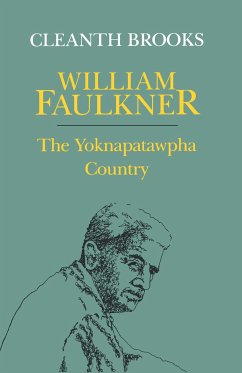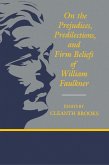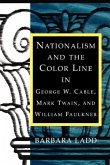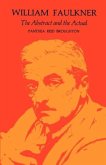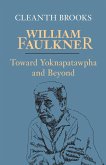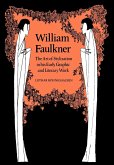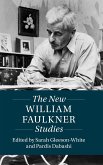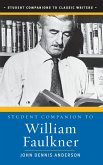Hailed by critics and scholars as the most valuable study of Faulkner's fiction, Cleanth Brooks's William Faulkner: The Yoknapatawpha Country explores the Mississippi writer's fictional county and the commanding role it played in so much of his work. Brooks shows that Faulkner's strong attachment to his region, with its rich particularity and deep sense of community, gave him a special vantage point from which to view the modern world. Brooks's consideration of such novels as Light in August, The Unvanquished, As I Lay Dying, and Intruder in the Dust shows the ways in which Faulkner used Yoknapatawpha County to examine the characteristic themes of the twentieth century. Contending that a complete understanding of Faulkner's writing cannot be had without a thorough grasp of fictional detail, Brooks gives careful attention to "what happens: In the Yoknapatawpha novels. He also includes useful genealogies of Faulkner's fictional clans and a character index.
Hinweis: Dieser Artikel kann nur an eine deutsche Lieferadresse ausgeliefert werden.
Hinweis: Dieser Artikel kann nur an eine deutsche Lieferadresse ausgeliefert werden.

